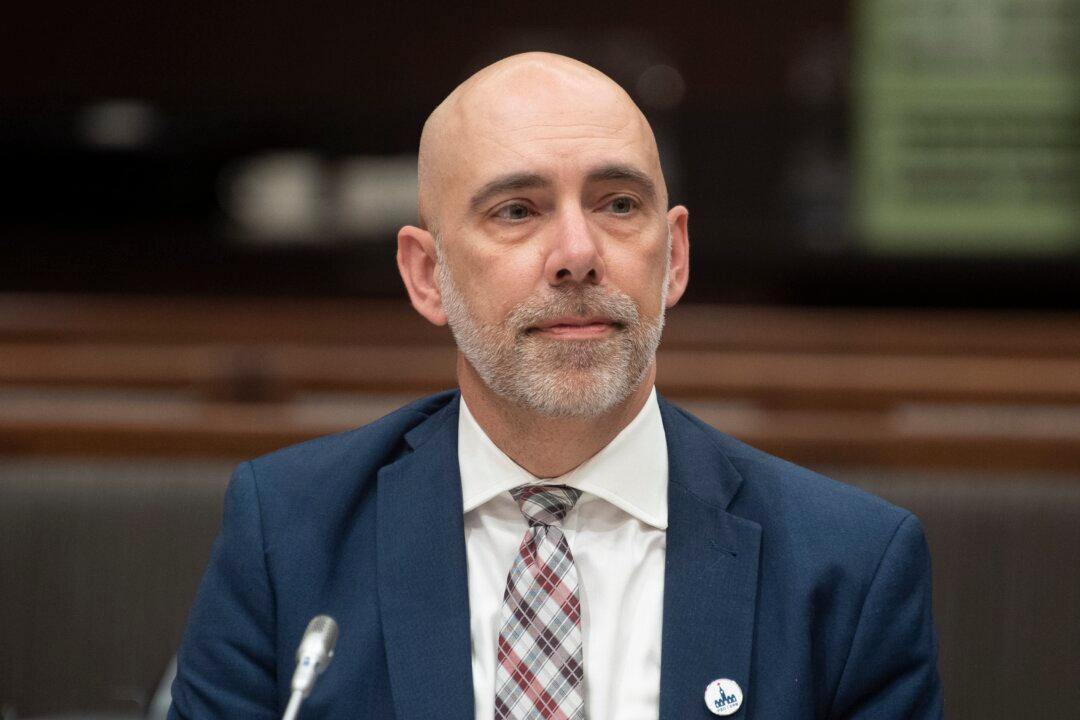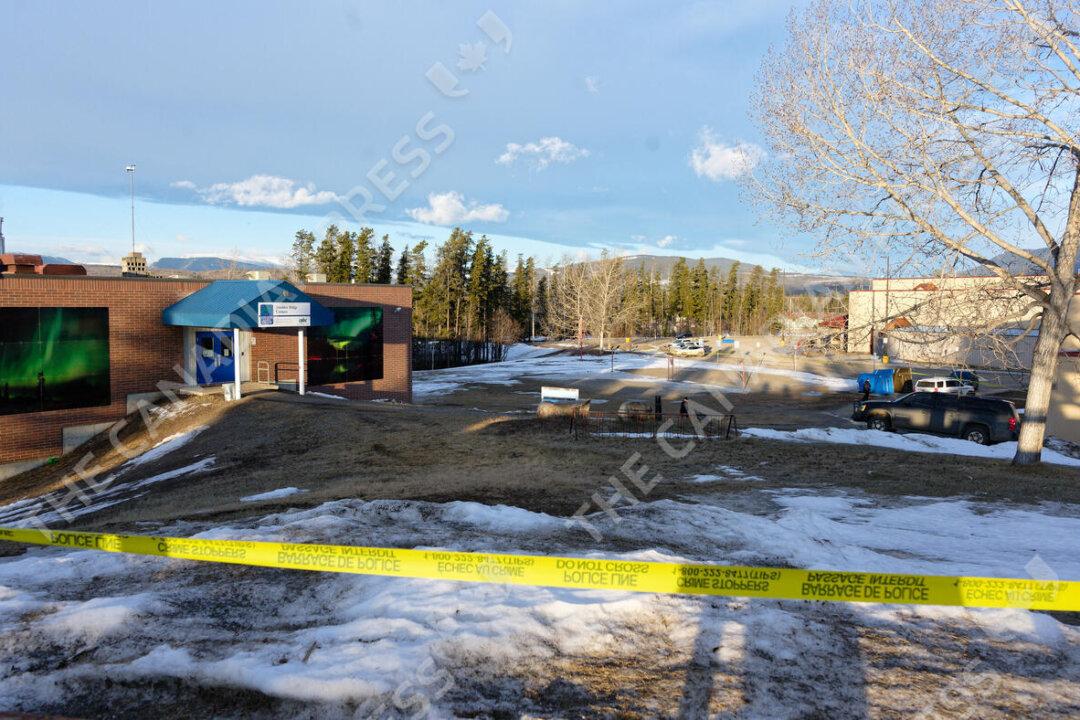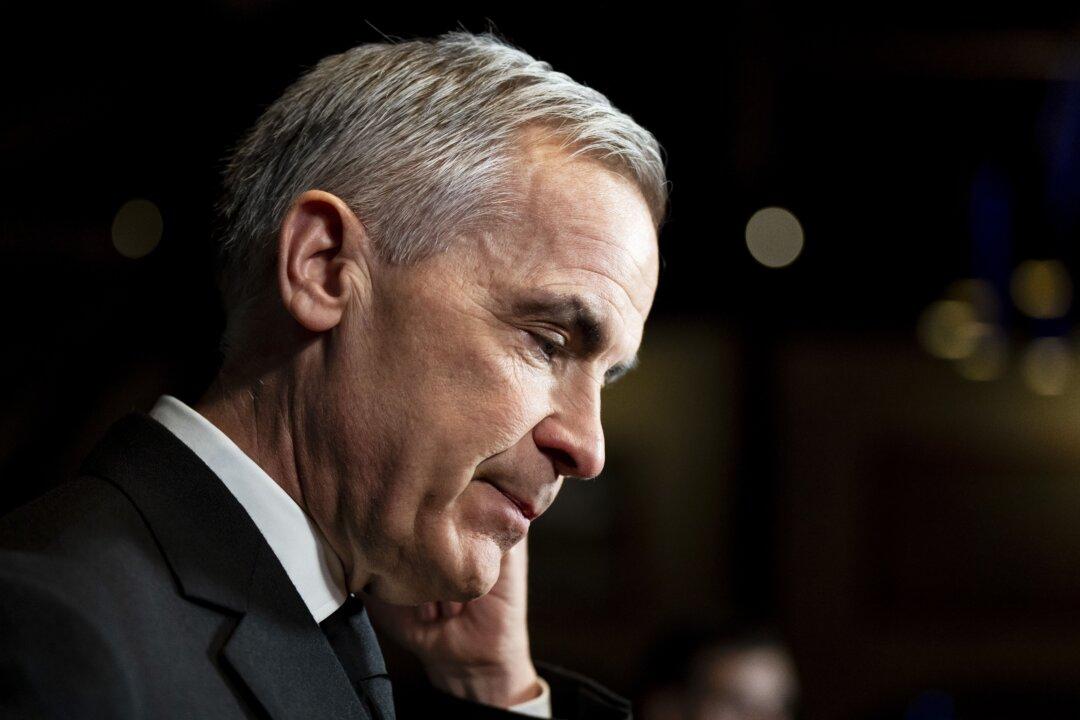Alberta’s request to pull out of the Canada Pension Plan (CPP), and take $334 billion with it, has spurred the Parliamentary Budget Office to check the province’s claim on its portion of the money.
Premier Danielle Smith has said Alberta is entitled to 58 percent of CPP funds, currently coming in at roughly $570 billion.





